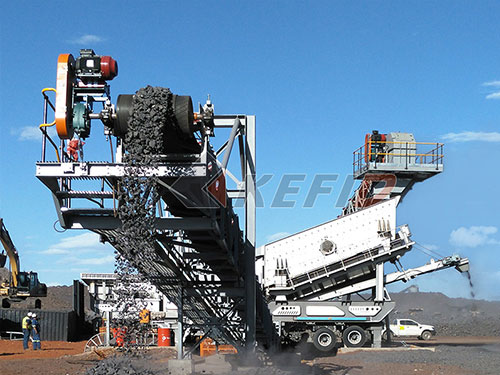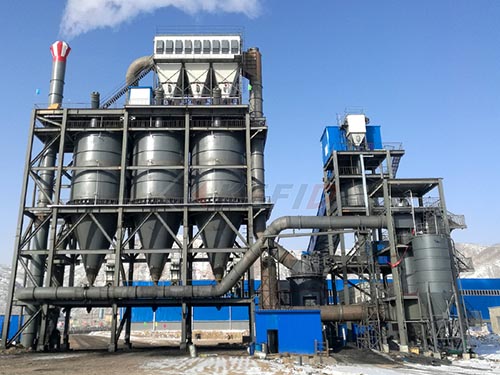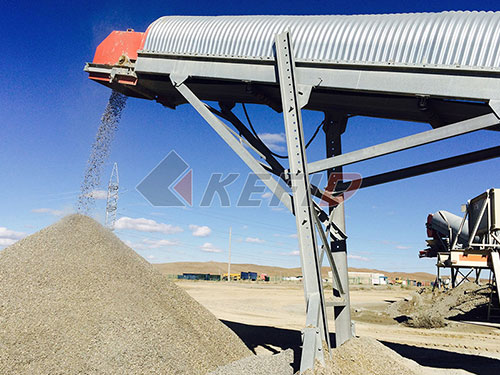The Essential Guide to 200 TPH Jaw Crushers for Granite Crushing in Sri Lanka: Price, Performance & Procurement
Sri Lanka’s landscape is rich with granite, a vital resource fueling its ambitious infrastructure development and construction boom. From the bustling streets of Colombo to new highways and housing projects across the island, the demand for high-quality crushed granite aggregates is substantial and growing. Central to meeting this demand efficiently and cost-effectively is the strategic deployment of robust crushing machinery. Among these, the 200 Tons Per Hour (TPH) jaw crusher stands out as a cornerstone solution for primary crushing operations targeting Sri Lanka’s challenging granite formations. This comprehensive guide delves into the critical aspects of selecting, pricing, and deploying a 200 TPH jaw crusher specifically optimized for granite processing within the unique context of the Sri Lankan market.

Understanding Granite Crushing in Sri Lanka
Sri Lankan granite is renowned for its durability and aesthetic appeal, making it ideal for construction aggregates, road base materials, decorative stones, and dimension stone. However, its inherent hardness (typically ranging between 6 and 7 on the Mohs scale) and abrasiveness present significant challenges:
1. High Wear & Tear: Granite rapidly wears down crusher components like jaw plates, cheek plates, and liners.
2. Energy Intensity: Breaking down hard granite requires substantial crushing force, translating to higher power consumption.
3. Product Shape Requirements: While jaw crushers inherently produce some flaky particles (less desirable for high-grade concrete), achieving an acceptable cubicity ratio is crucial for many applications.
4. Dust Control: Granite crushing generates significant dust, necessitating effective suppression systems to comply with environmental regulations and ensure worker safety.
A well-chosen 200 TPH jaw crusher is specifically engineered to tackle these challenges head-on.

Why a 200 TPH Jaw Crusher?
The 200 TPH capacity range represents a strategic sweet spot for many mid-to-large-scale quarrying and aggregate production operations in Sri Lanka:
Scalability: It offers sufficient throughput to supply major construction projects or serve multiple smaller sites efficiently.
Operational Efficiency: Balances high output with manageable operational complexity and footprint compared to significantly larger units.
Versatility: Capable of handling large feed sizes (typically up to ~1000mm) directly from blast piles or primary dump trucks.
Foundation for Plant Design: Forms a reliable primary stage upon which secondary (cone crushers) and tertiary

Leave a Reply